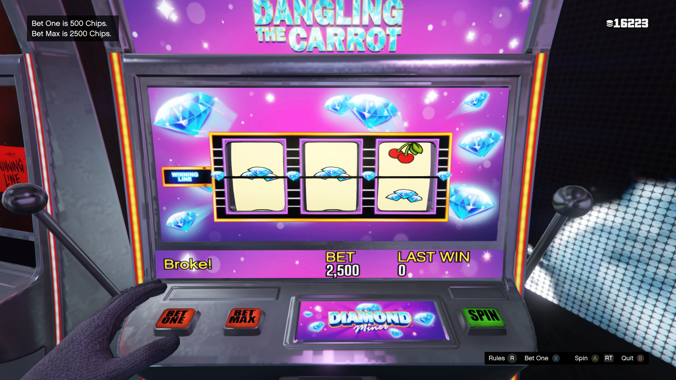The landscape of gambling has undergone a seismic shift over the last two decades, largely due to the advent of the internet. Online gambling has transformed from a niche market to a multi-billion-dollar global industry, offering players the convenience of enjoying their favorite games from the comfort of their homes. This article explores the evolution of online slot99 gambling, its current trends, the technology driving it, and the potential future of this burgeoning sector.
The Evolution of Online Gambling
Online gambling began in the mid-1990s when the first online casinos emerged. The introduction of the Internet Gaming Prohibition Act in the United States in 1996 prompted many online casinos to operate outside U.S. jurisdiction. However, the market really took off in the early 2000s with the establishment of licensing jurisdictions, such as Gibraltar and Antigua, that provided a regulatory framework for online operators.
As technology advanced, so too did the sophistication of online gambling platforms. By the mid-2000s, live dealer games emerged, allowing players to interact with real dealers via video streaming. The rise of mobile technology further revolutionized the industry, enabling players to access gambling platforms from their smartphones and tablets.
Current Trends in Online Gambling
- Mobile Gambling: The proliferation of smartphones has made mobile gambling increasingly popular. According to a report by Grand View Research, the global mobile gambling market is expected to reach $152 billion by 2028. Players enjoy the flexibility of playing anytime, anywhere, which has led to a surge in mobile-optimized platforms and apps.
- Cryptocurrency Integration: The introduction of cryptocurrencies like Bitcoin has opened new avenues for online gambling. Many platforms now accept cryptocurrencies for deposits and withdrawals, attracting tech-savvy players looking for anonymity and lower transaction fees. Cryptocurrencies also enable faster payouts, a significant advantage for users.
- Virtual and Augmented Reality: The emergence of virtual reality (VR) and augmented reality (AR) is set to revolutionize the online gambling experience. VR casinos offer immersive environments where players can interact with their surroundings and other players in real-time. This technology is still in its infancy, but its potential to enhance user engagement is immense.
- Regulation and Legalization: As online gambling gains popularity, many governments are reassessing their stances on the industry. Legalization efforts are underway in various jurisdictions, leading to the establishment of regulated online gambling markets. This not only provides players with safer gambling options but also generates tax revenue for governments.
- Esports Betting: With the explosive growth of esports, betting on competitive gaming has become a significant trend. Players can wager on popular games like League of Legends and Dota 2, attracting a younger demographic and further diversifying the online gambling market.
The Role of Technology in Online Gambling
Technology is the backbone of the online gambling industry. Innovations such as blockchain technology enhance transparency and security in transactions, providing players with peace of mind. Additionally, machine learning and artificial intelligence are employed to analyze player behavior, enabling platforms to offer personalized experiences and targeted promotions.
Data analytics is also crucial for operators. By collecting and analyzing user data, online gambling platforms can optimize their offerings, understand market trends, and enhance customer support. This data-driven approach helps operators stay competitive in a crowded market.
The Future of Online Gambling
The future of online gambling is bright, with several trends expected to shape its trajectory:
- Increased Regulation: As the market matures, more jurisdictions are likely to introduce regulations to protect players and ensure fair play. This will create a safer environment for online gamblers and enhance the credibility of the industry.
- Enhanced User Experience: The continued development of technology will lead to more immersive and interactive gambling experiences. The integration of AI and VR will create environments that mimic real-life casinos, offering players a more engaging experience.
- Social Gambling: The social aspect of gambling is becoming increasingly important. Online platforms are likely to introduce features that allow players to interact with each other, fostering a sense of community and enhancing the overall experience.
- Responsible Gambling Initiatives: As awareness of problem gambling grows, online platforms will likely invest more in responsible gambling features. Tools such as self-exclusion, deposit limits, and educational resources will become standard to promote safe gambling practices.

